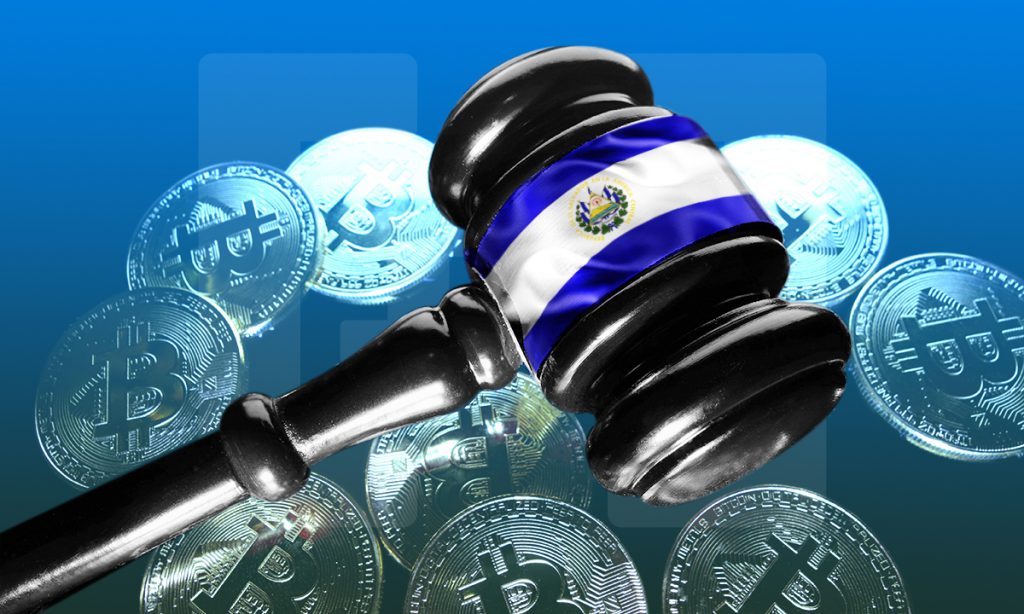Steve Hanke has criticized plans by El Salvador to build a Bitcoin city, calling the initiative an “absurd political stunt by a delusional dictator.”
El Salvador’s President Nayib Bukele announced on Nov. 20 that he plans to build a city that runs entirely on bitcoin. The city will be constructed at the base of Conchagua volcano in the country’s south-east.
El Salvador, a poor country in Central America, recently became the first nation-state to use bitcoin (BTC) as an official currency, alongside the U.S. dollar. While the global bitcoin community is excited about the development, the project has not been a runaway success.
Hanke, a professor of economics at Johns Hopkins University, questioned the wisdom of funding the construction of a crypto city in a country with searing poverty and inadequate social amenities, according to a tweet posted on Nov. 26.
“Dictator Bukele has announced plans to build a Bitcoin city…this is an absurd political stunt by a delusional dictator. Why doesn’t [he] focus on what Salvadorans actually need, like access to healthcare?” quipped the popular bitcoin skeptic.
‘Casino finance’
As part of the Bitcoin city funding plan, El Salvador is expected to issue $1 billion in bonds backed by the cryptocurrency in 2022. Half of the money raised will be used to buy BTC, and the remainder will go toward energy and bitcoin mining infrastructure.
Hanke criticized the plan sharply. He said:
This type of casino finance is bound to put Bukele in very hot water with the International Monetary Fund and the World Bank.
The IMF previously raised concern with El Salvador using bitcoin as legal tender. The financial institution cautioned that plans by the country to buy more of the digital asset required “very careful analysis” of the implications for its financial stability.
But as the price of bitcoin declined to multi-week lows of around $55,000 this week, President Bukele revealed on Nov. 26 that the country added another 100 bitcoins to its growing stash.
El Salvador “bought the dip”, he says, referring to a practice in financial investment of buying an asset after it drops in price, believing that to be a bargain.
In an earlier tweet, Hanke ranted about El Salvador’s falling dollar-denominated bonds, suggesting that Bukele intended to “replace” these with bitcoin bonds.
“But, a bitcoin bond would offer lower yields despite carrying greater risk. Looks like Bukele is trying to invent a new financial arithmetic,” he opined.
‘Banana republic’
While the economist routinely throws shade at bitcoin and crypto in general, he is not the only one to rail at Bukele’s Bitcoin city plans.
Gold analyst Dan Popescu said El Salvador fits perfectly with the definition of a “banana republic governed by an authoritarian regime.” Popescu took issue with the presence of foreign cryptocurrency firms in the Latin American country.
He alleged “economic exploitation” as foreign bitcoin entities “conspire with local corrupt government officials.” El Salvador is working with Blockstream, a crypto and blockchain tech firm based in Canada, in its $1 billion bitcoin bond raise.
According to Bukele, the Bitcoin city will take on the sign of the cryptocurrency in shape and will be powered by geothermal energy from the Conchagua volcano. Apart from value added tax of 10%, residents of that city will not pay any other taxes.
What do you think about this subject? Write to us and tell us!
Disclaimer
All the information contained on our website is published in good faith and for general information purposes only. Any action the reader takes upon the information found on our website is strictly at their own risk.


